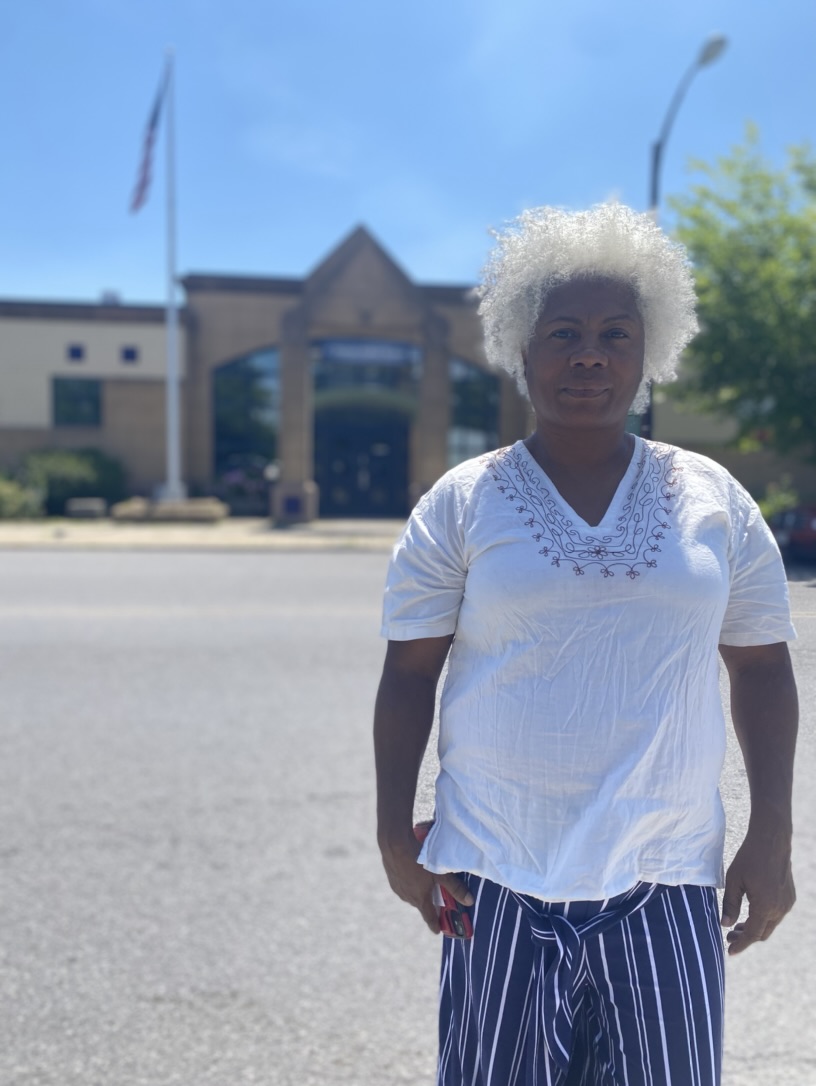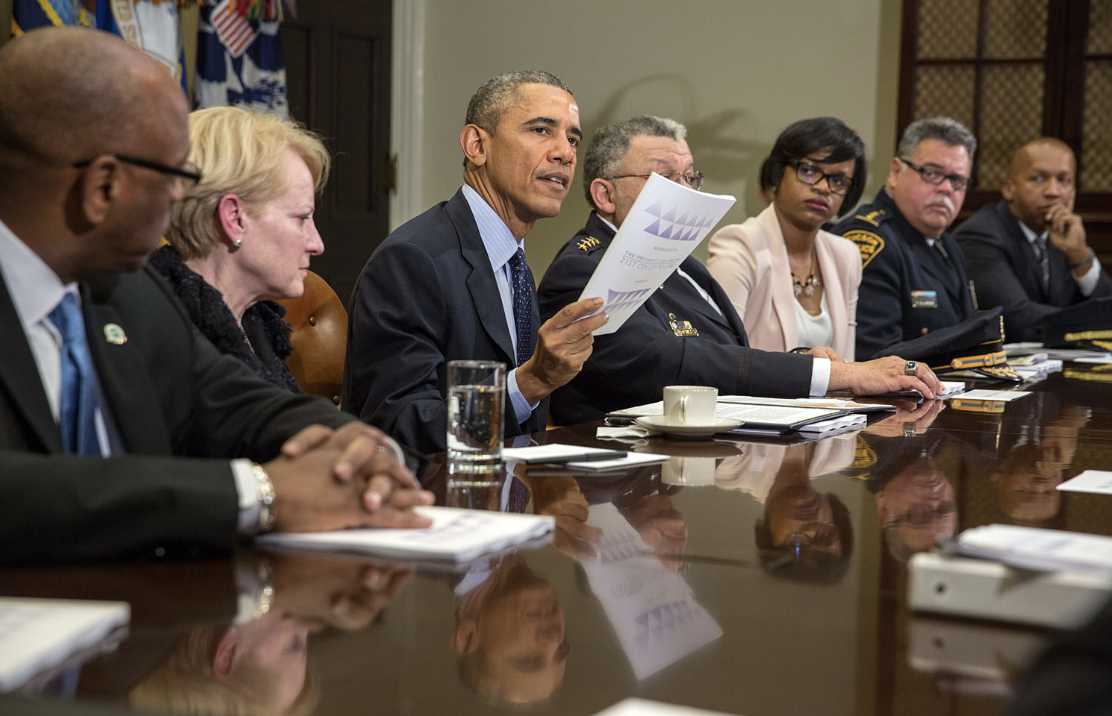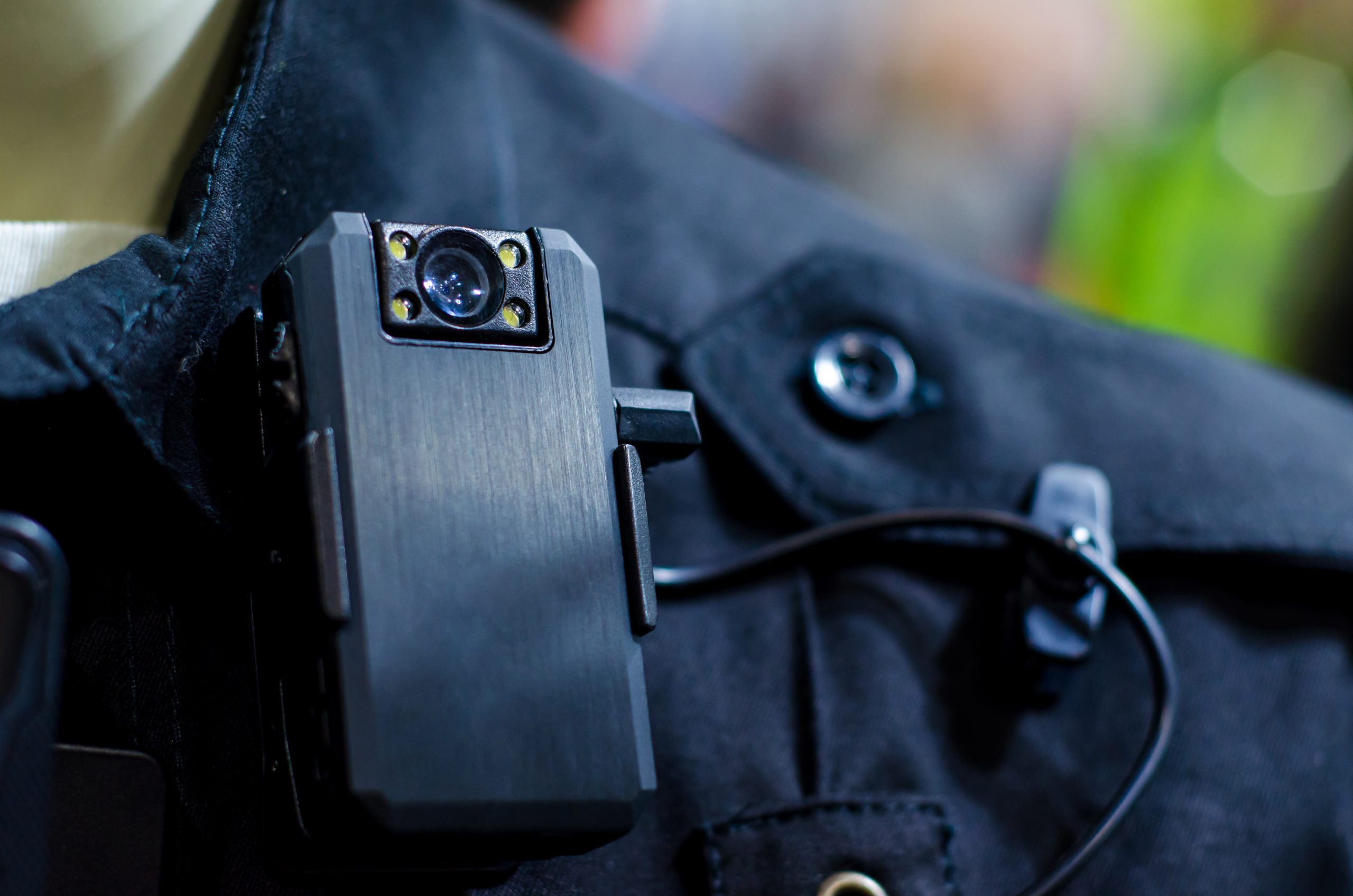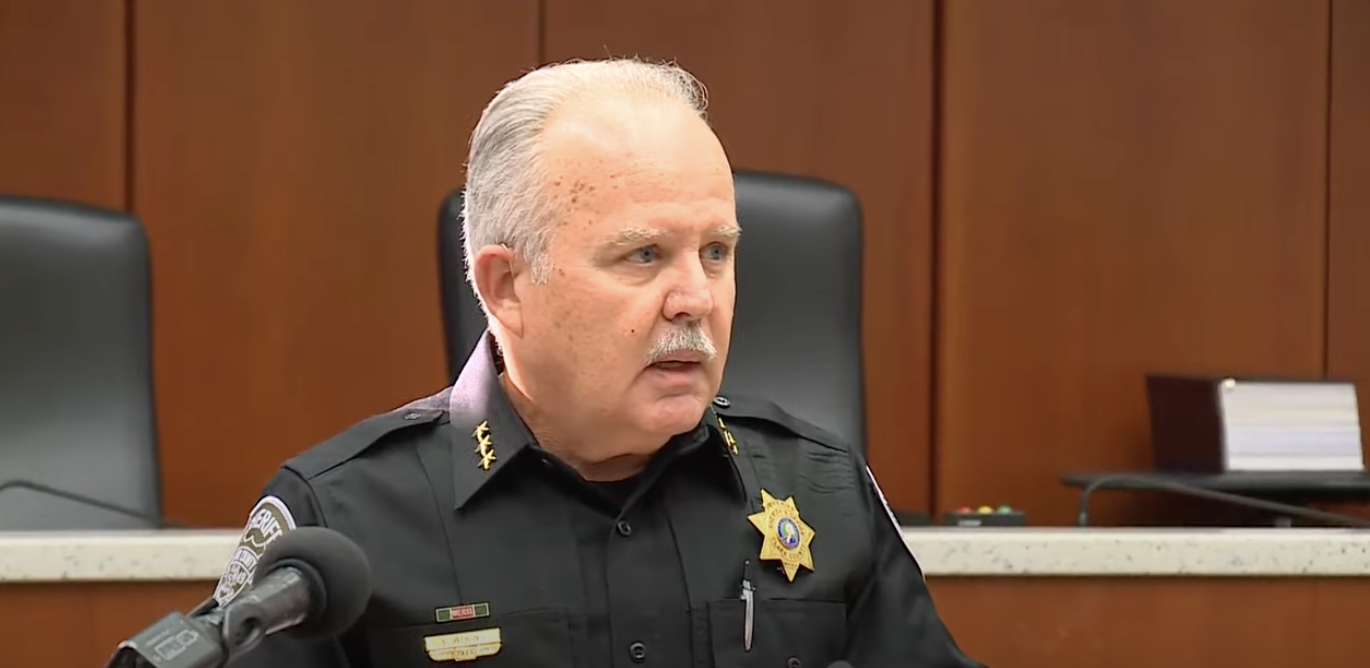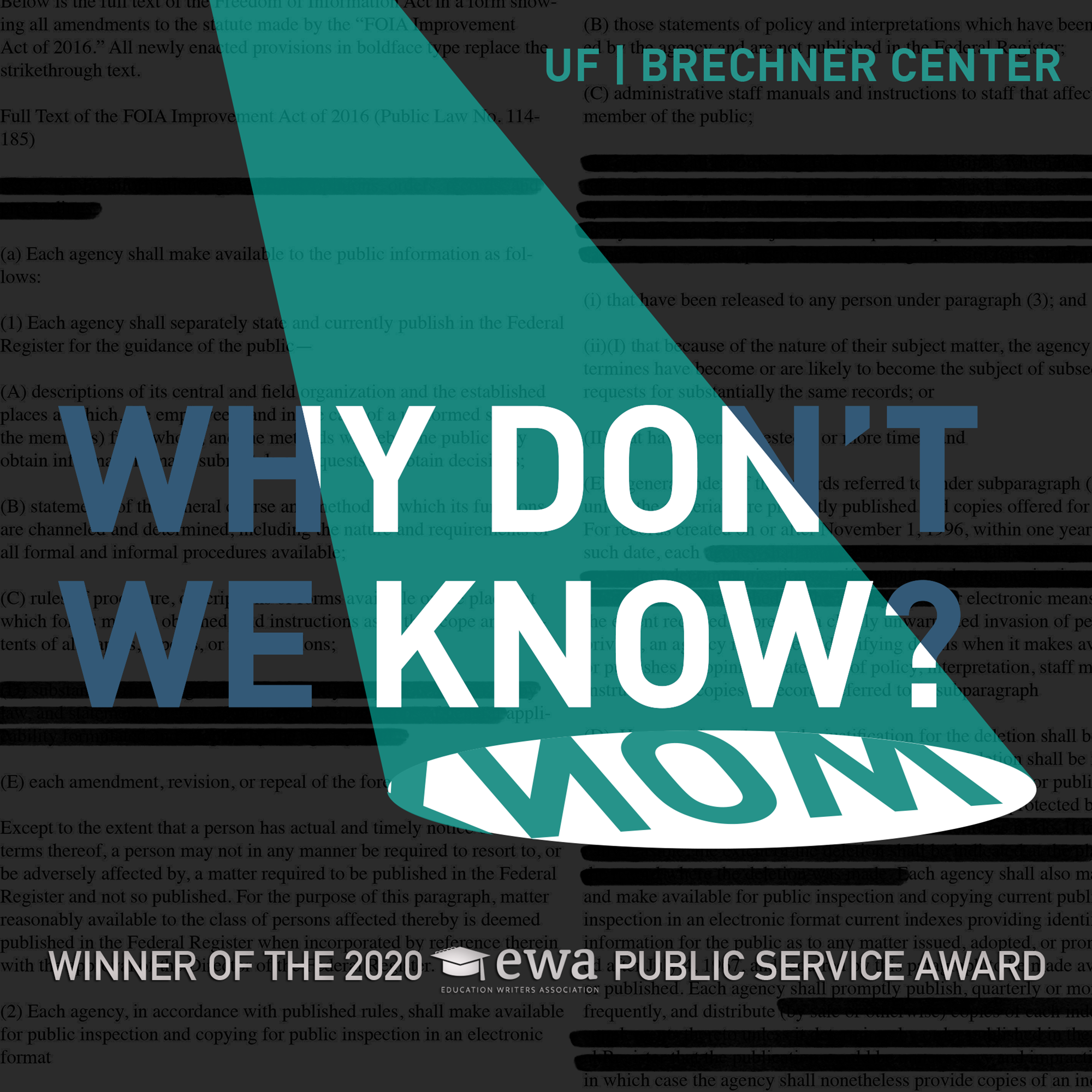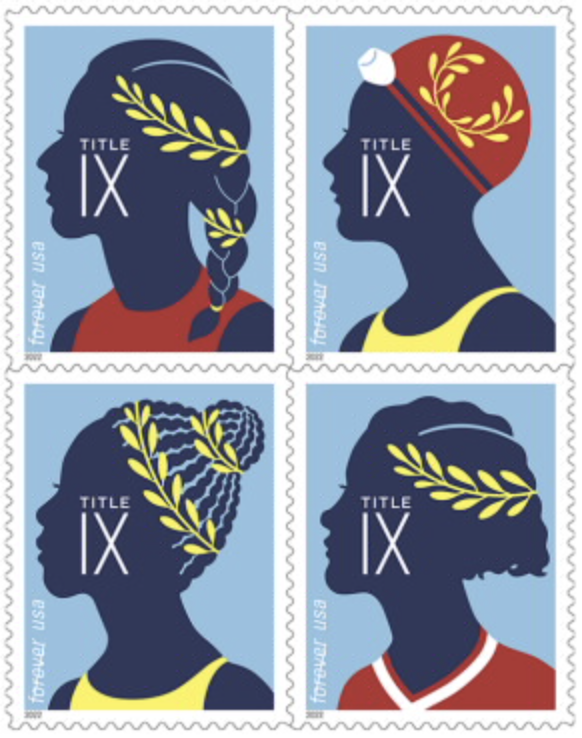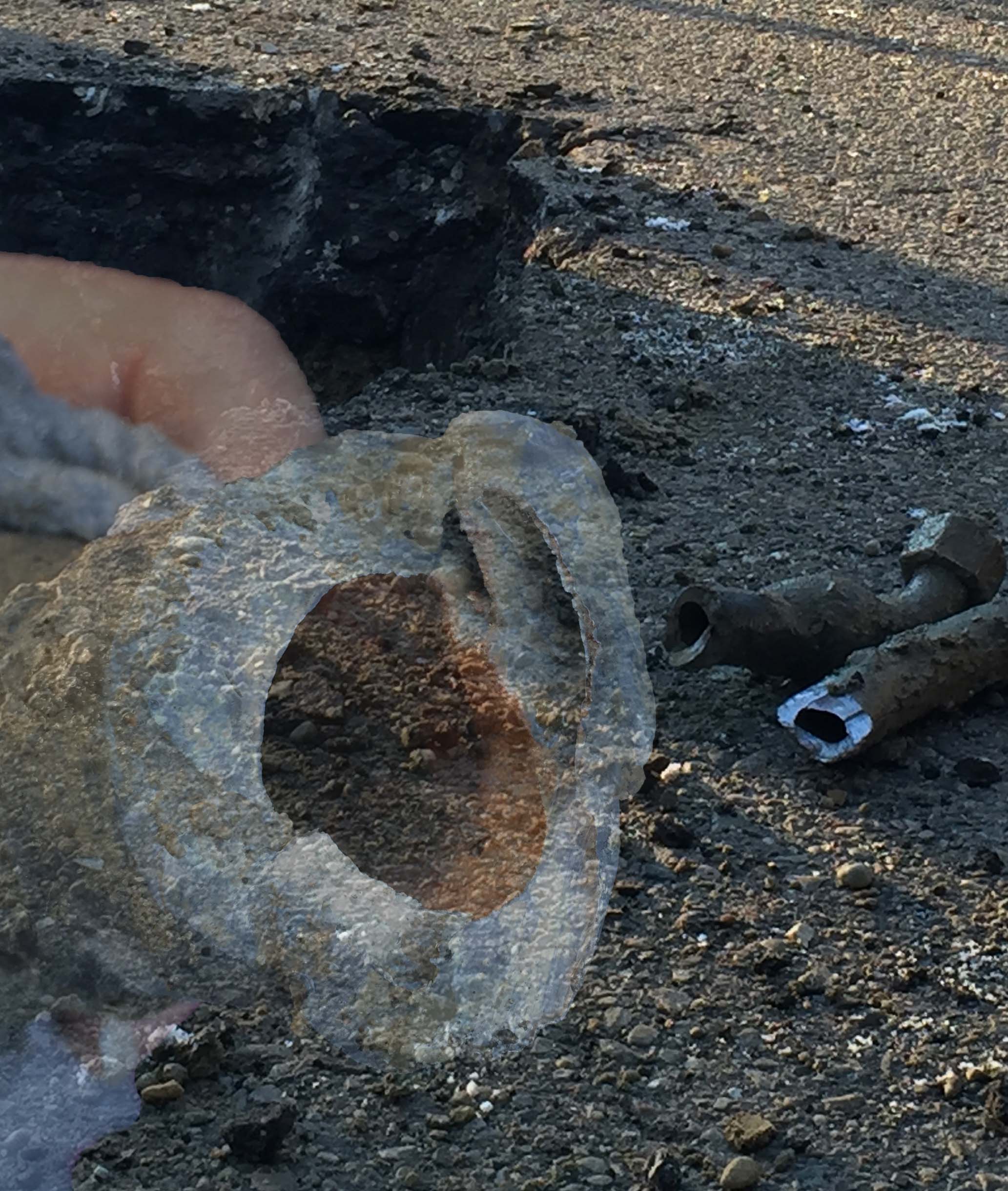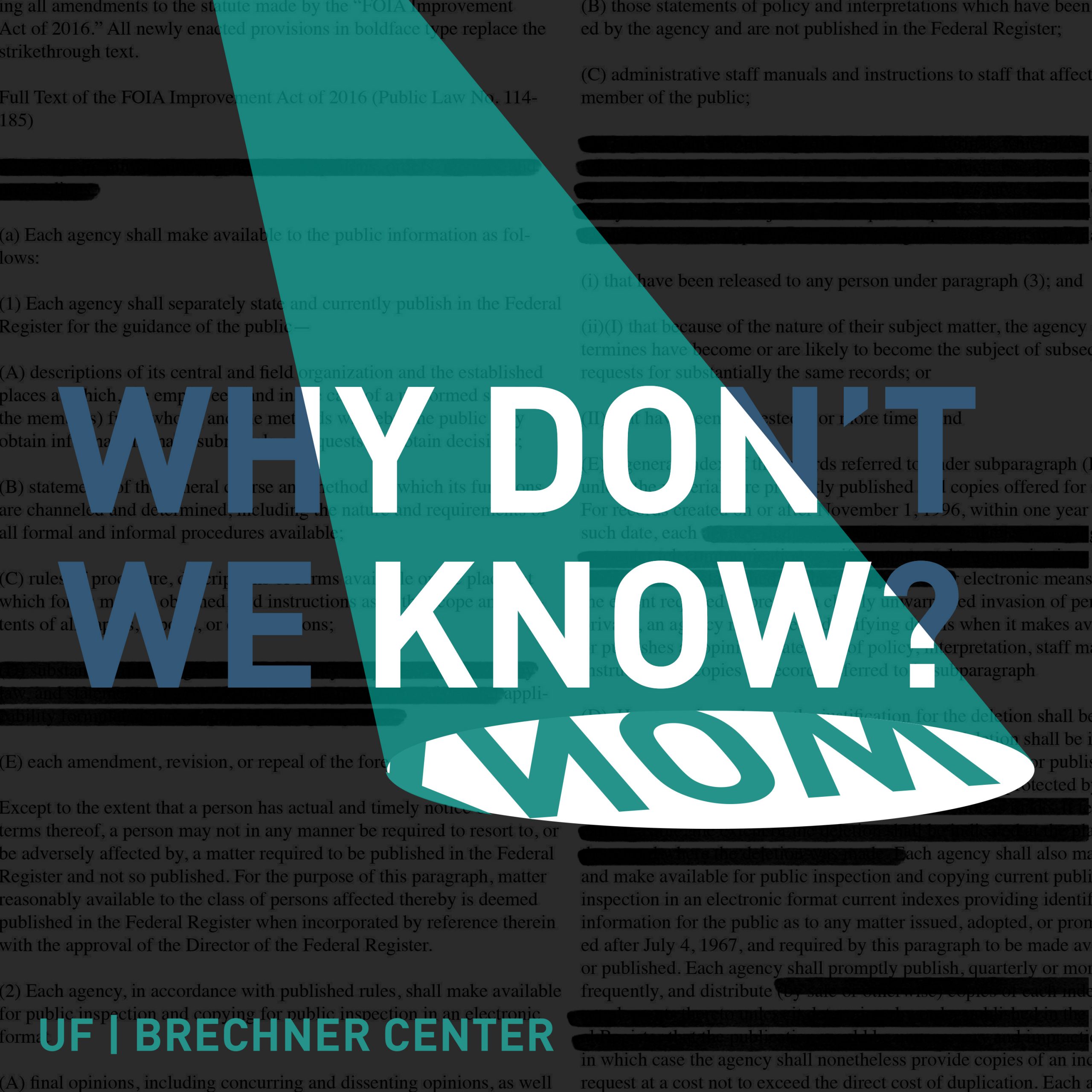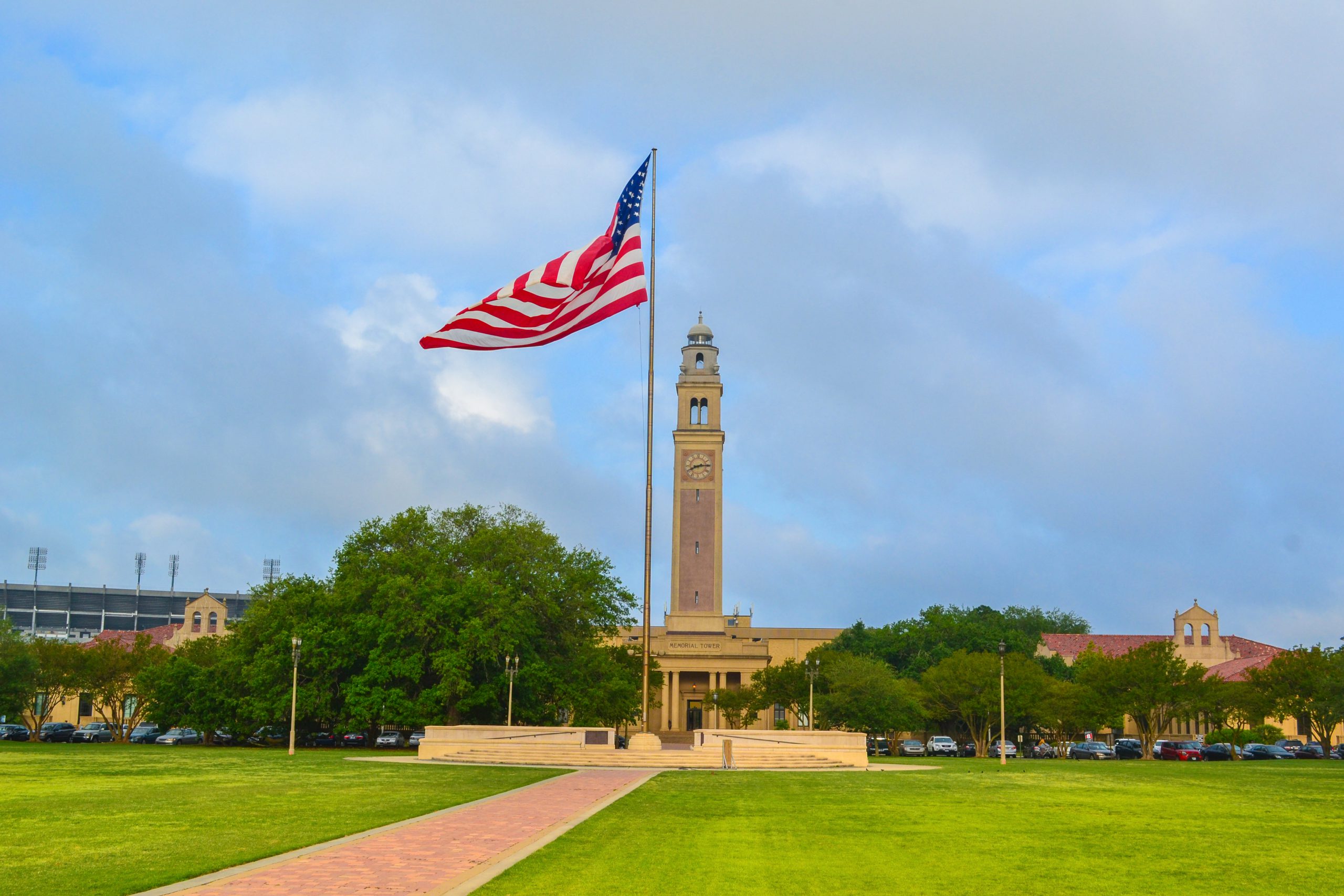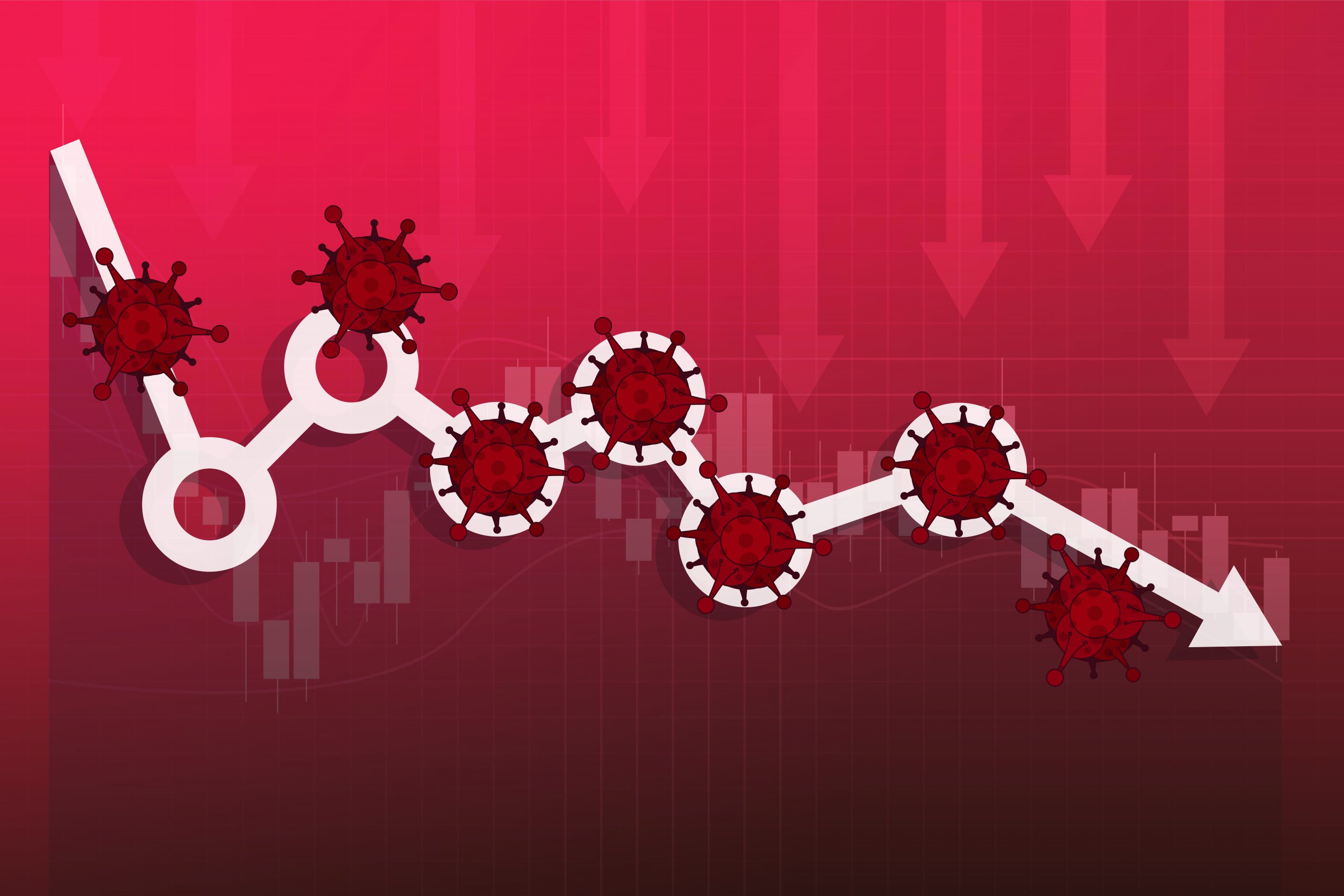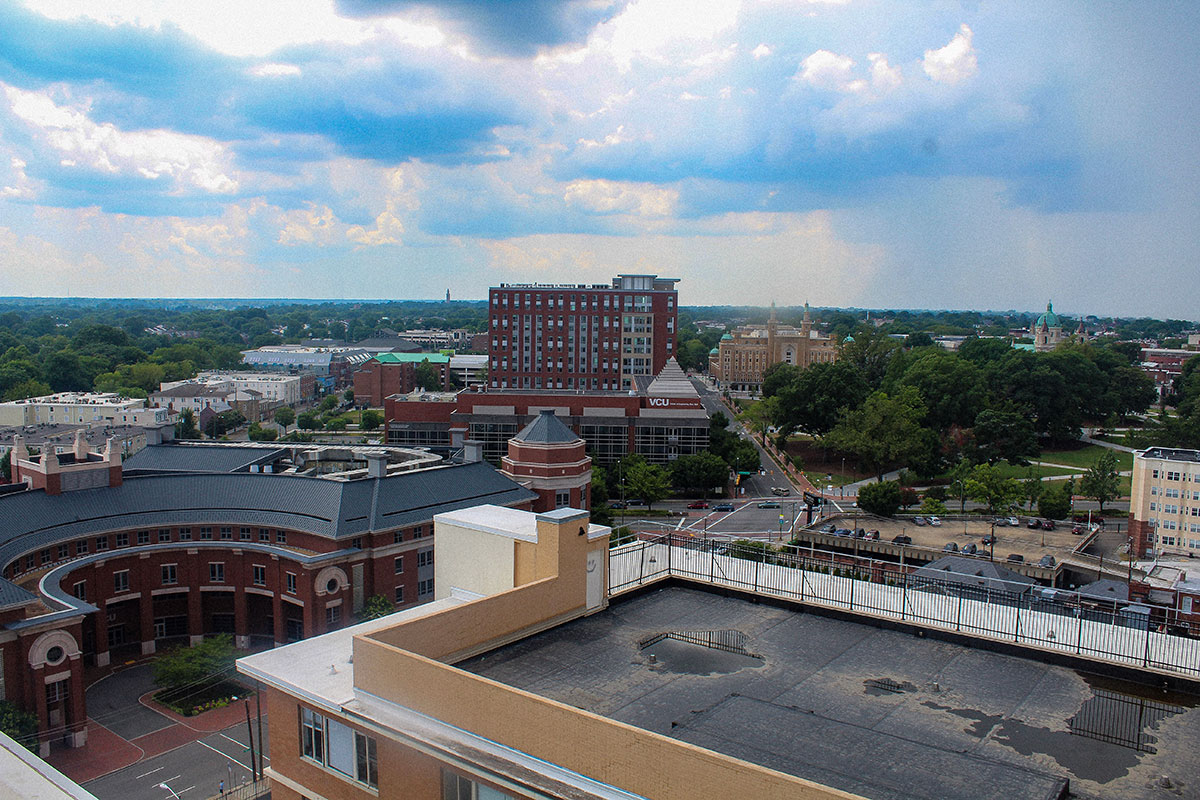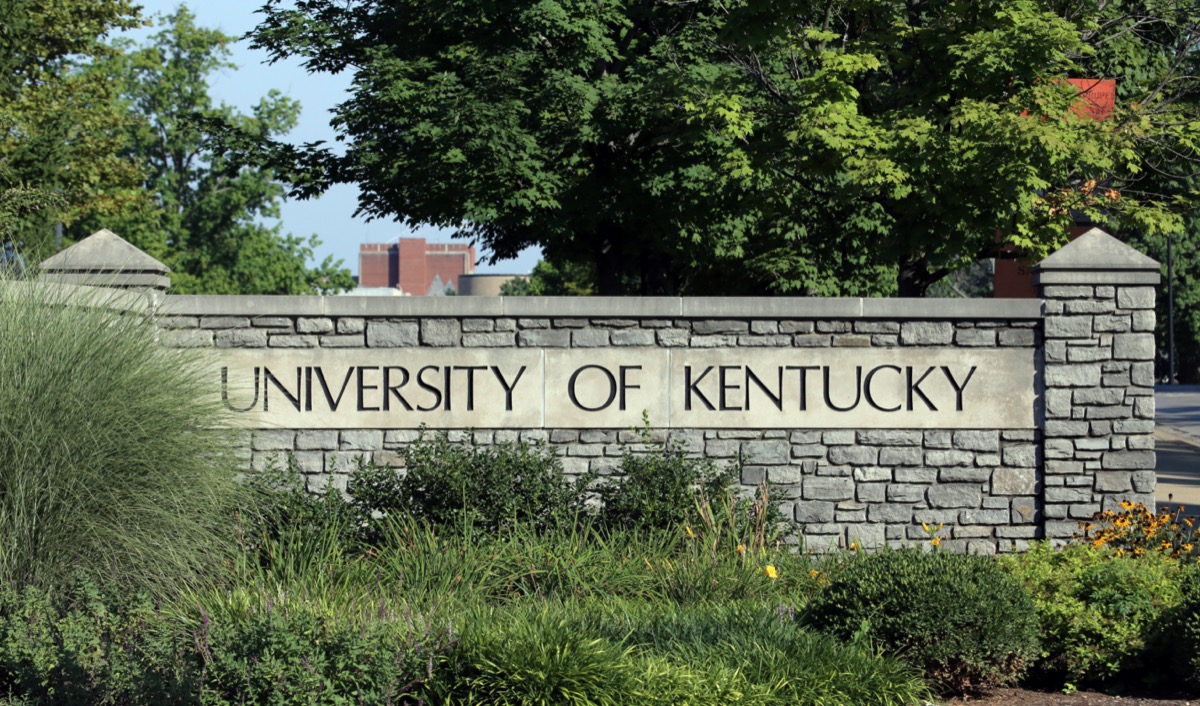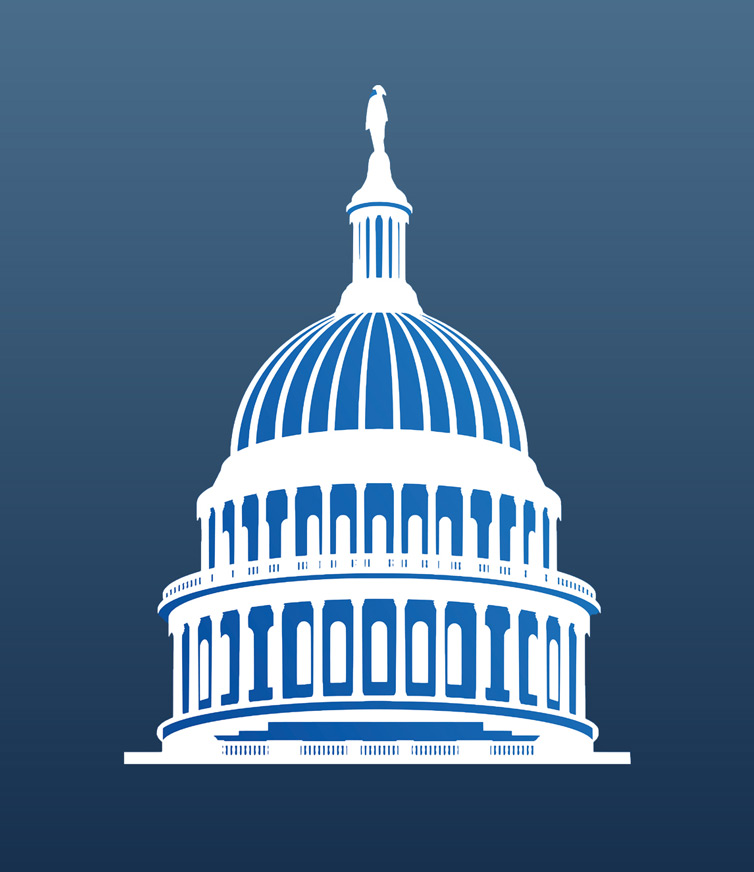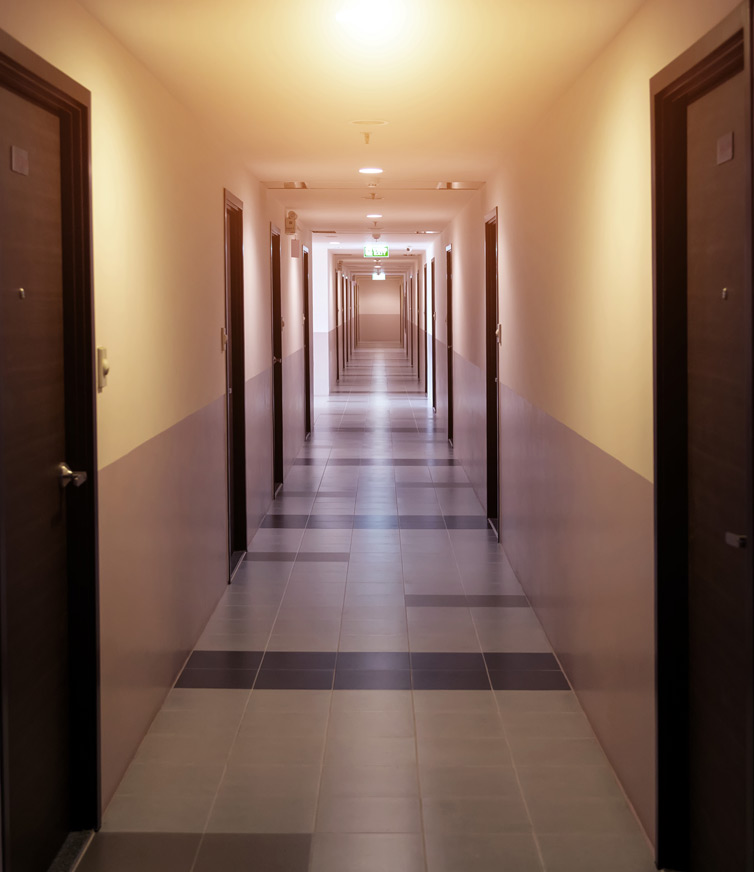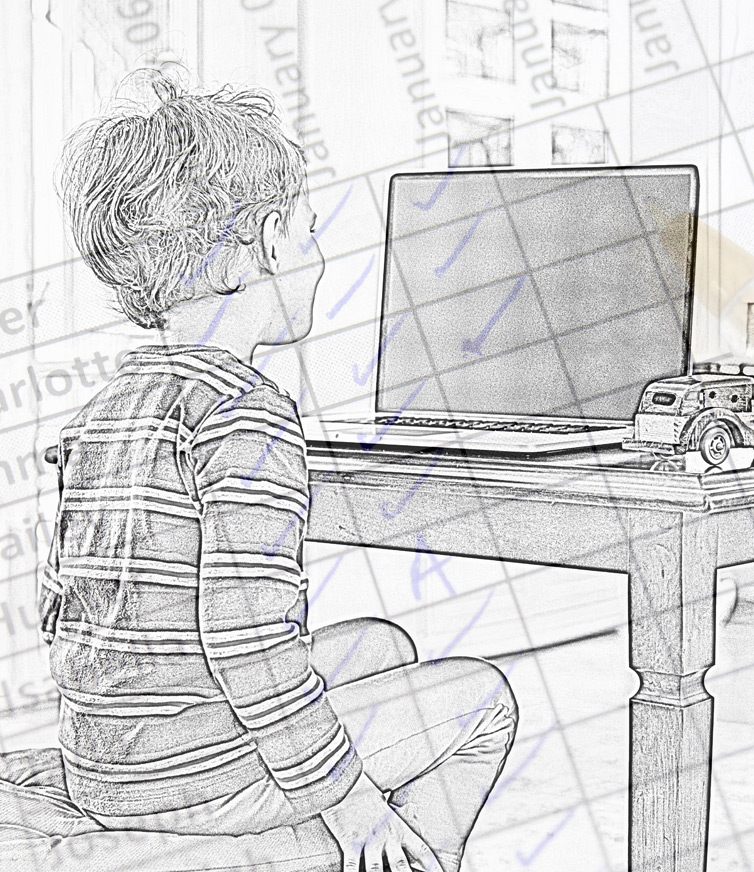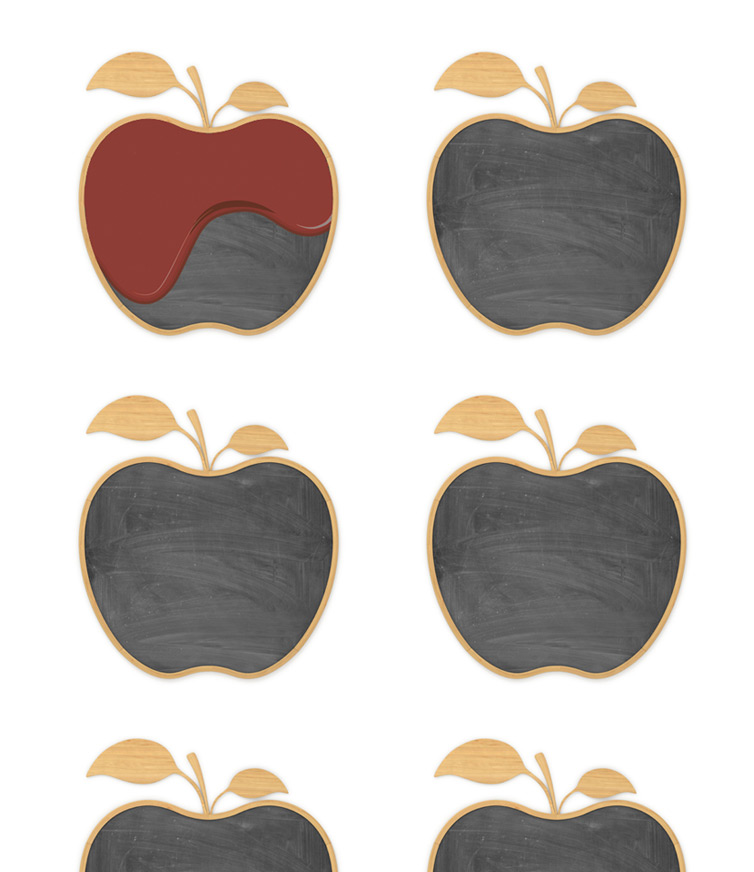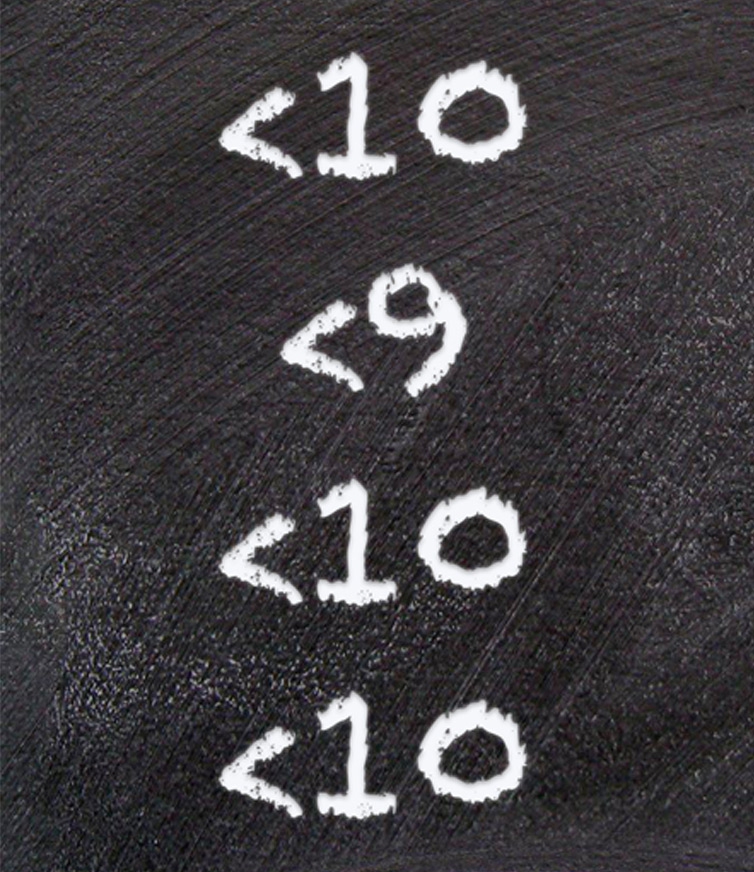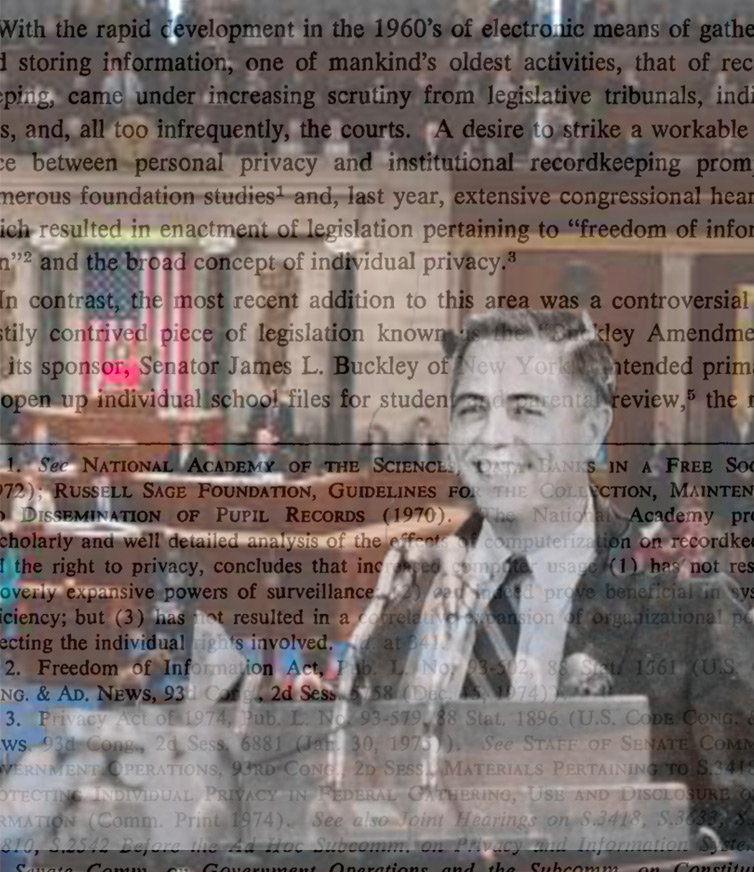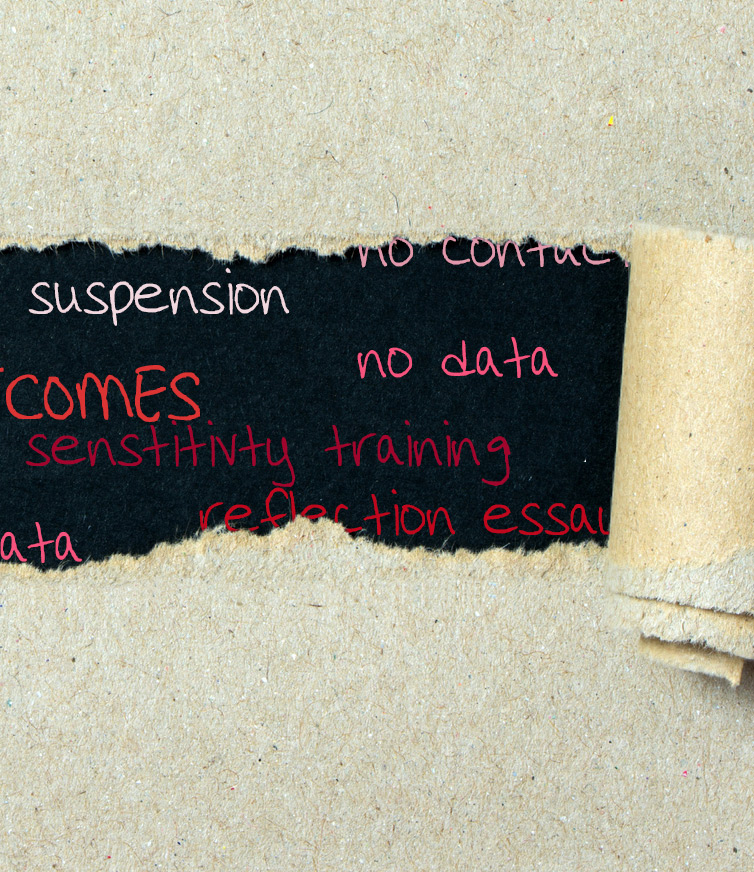Latest Episodes
Lorem ipsum dolor sit amet, consectetur adipiscing elit. Nulla gravida pretium sapien eu faucibus.
Featured Contributors
Lorem ipsum dolor sit amet, consectetur adipiscing elit. Sed nec pellentesque purus. Nunc finibus urna eget est molestie, non dignissim nulla cursus. Proin hendrerit, lacus vitae imperdiet rhoncus, tortor quam sodales lorem, vitae hendrerit est nulla at dolor. Quisque dictum dui eget turpis dapibus pharetra.
Yoga For Beginners
Yoga For Beginners
Whistleblower
This episode of Why Don’t We Know was done in collaboration with the Spencer Education fellowship at Columbia University, where host Sara Ganim was a fellow for the 2021-2022 academic year. Additionally, a companion piece ran in USA Today, elaborating on specific cases, with insight from other experts, lawyers and students who have been presented with these agreements.
Why is data collection so darn difficult?
This episode of Why Don’t We Know was done in collaboration with the Spencer Education fellowship at Columbia University, where host Sara Ganim was a fellow for the 2021-2022 academic year. Additionally, a companion piece ran in USA Today, elaborating on specific cases, with insight from other experts, lawyers and students who have been presented with these agreements.
Who are body cameras really for?
This episode of Why Don’t We Know was done in collaboration with the Spencer Education fellowship at Columbia University, where host Sara Ganim was a fellow for the 2021-2022 academic year. Additionally, a companion piece ran in USA Today, elaborating on specific cases, with insight from other experts, lawyers and students who have been presented with these agreements.
‘Police say,’
This episode of Why Don’t We Know was done in collaboration with the Spencer Education fellowship at Columbia University, where host Sara Ganim was a fellow for the 2021-2022 academic year. Additionally, a companion piece ran in USA Today, elaborating on specific cases, with insight from other experts, lawyers and students who have been presented with these agreements.
Welcome to Season 2
This episode of Why Don’t We Know was done in collaboration with the Spencer Education fellowship at Columbia University, where host Sara Ganim was a fellow for the 2021-2022 academic year. Additionally, a companion piece ran in USA Today, elaborating on specific cases, with insight from other experts, lawyers and students who have been presented with these agreements.
SPECIAL: ‘Gag order’ against sexual assault
This episode of Why Don’t We Know was done in collaboration with the Spencer Education fellowship at Columbia University, where host Sara Ganim was a fellow for the 2021-2022 academic year. Additionally, a companion piece ran in USA Today, elaborating on specific cases, with insight from other experts, lawyers and students who have been presented with these agreements.
EXTRA: Why don’t we know where all the lead pipes are?
Lead drinking water pipes go all the way back to the Roman times, and even though we’ve known that lead is harmful for the better part of the century, powerful in the U.S. lobbying kept them around — and in some places, mandated they be installed — until the 1980s. So, millions of Americans in thousands of American towns have them. To mitigate the poison, we rely on a calcium called orthophosphate that coats the pipes and protects the lead from contaminating the water that’s flowing through them. Well, in theory, right? Because we’ve seen how that can fail. In the worst of circumstances, like Flint and Newark and Chicago and Washington D.C., kids are poisoned and communities financially ruined.
WDWK wins public service award from Education Writers Association
We’re thrilled to say that, in its debut year, Why Don't We Know walked away with top honors in the
Twin trash fires continue to burn at two state universities we highlighted in season one
Two of the public universities that we highlighted in our episodes about secrecy in Title IX investigations continue to
Colleges and COVID-19: We asked the schools who are secretive about concussion data for their pandemic numbers and here’s what we found
In season 1, we asked about 100 public universities for their data on concussions, only to discover that many
Two U.S. college students die in hazing-related incidents leaving the public with plenty of unanswered questions
Despite the pandemic and social distancing restrictions, two U.S. college students died this semester in hazing-related incidents that have
Kentucky Supreme Court rules in favor of journalists seeking sexual misconduct documents
The Kentucky Supreme Court has ruled in favor of student journalists, forcing the University of Kentucky to turn over
If COVID19 transparency is the only factor, the NCAA tournament has a clear winner
If the NCAA tournament were based on COVID19 transparency, who would win Monday night? Why Don't We Know reporter Noah Ram dove into the data after the final four games were played and came up with a clear winner.
EXTRA: The human toll of missing data
Depending on where you look, you can find a statistic that will tell you any number you want to hear about how often students are bullied or harassed in school. In my reporting, I found studies that range from 9% to 98%. The national center for education statistics aggregated the findings of 80 different studies and reported that 35% of students are bullied in school. Another 15% are cyberbullied or bullied online. Why is that? Why are bullying numbers all over the place? And why does it cause students like Anna Aslanian to fall through the cracks?
WaPo: Big Ten presidents used ‘portals’ to keep secret communications about COVID19 and football
The Washington Post is reporting that Big Ten university leaders used a third-party “portal” to keep secret what would
Episode 13: Any Other Law
If any other federal law were as broken as FERPA it would have been fixed by now. I am confident in making that statement. But FERPA has remained vague, broad and outdated for four and a half decades. I wanted to go to the hill to ask people about it. But when I started reporting for this episode, we were in the height of COVID. So, I went to the virtual hill. Last summer, calling folks on the education committees to see if they would join me for this episode to talk about FERPA.
EXTRA: When speech isn’t free, but it should be
EXTRA: When speech isn't free, but it should be By Sara Ganim September 6, 2020 Tags:
EXTRA: Why Don’t We Know how many kids are attending virtual learning?
This may not come as a surprise but the Federal Department of Education was woefully unprepared in many different ways but one of the most basic failures is a failure of data. There is no federal tracking program for virtual learning, meaning, no way of knowing what students fell behind or couldn’t attend school during this time. Anecdotally, we could guess that the biggest impact was on the most vulnerable — low-income families that could not afford to deal with the new demands on their internet and parental supervision that accompanies virtual learning.
EXTRA: Attacked
This story might sound like a fluke, maybe it sounds like an abnormality. Because it isn’t the kind of story we often read about in the newspapers or hear about on TV. Certainly not the way that headlines about gun violence and bullying grab our attention. That’s what makes this topic a data desert. There is, in fact, no way of knowing how many other teachers there are out there, with stories like this one and how many of them don’t have the support they need. Our requests for this data, from state departments of education in all 50 states, turned up a broken recording system.
Episode 12: Misplaced Fear
We assumed that since school shootings are such a known public safety concern there would be really detailed data on this. We figured schools would keep a number, report that to the state department of ed, and then when we made our records request, we could see a spreadsheet of that data. But, that’s not a reality.
Episode 11: What the heck FERPA?
To untangle the complex web of FERPA, we really have to start in the United States Capitol, in 1974. A Junior Senator from New York named James Buckley, had an idea to give parents and students better access to school records. He was primarily concerned that schools were keeping secret information about student behavior, and potentially sharing it with law enforcement and other outsiders without the parents’ consent. You know how you see in movies sometimes, big ideas that start with a couple of people making notes on the back of a napkin. Well, in the halls of congress, urban legend is that, that’s pretty much how FERPA was born, too.
Frostburg State doesn’t want negative COVID19 press, so it’s silencing resident assistance, according to student news
Yet another public university is trying to silence students who work in campus housing from speaking out about their
Episode 10: Education Records
Two court cases, which have been meandering through the system for more than four years now, are challenging a common claim that universities cannot share the outcomes or punishments given in sexual misconduct investigations because doing so would violate a Federal Student Privacy Law called FERPA.
Episode 9: Secret Outcomes
A big part of the reason “we don’t know” what happens inside schools and universities when it comes to sexual assault and harassment cases is a real and valid concern for the privacy of victims. More than any other crime, victims of sexual assault are given extra protections not just in the educational system, but by the courts, and by the media and general public, who understand that this is an extremely personal crime that warrants privacy. But at the university level, privacy is often used as a weapon against the people it’s supposed to protect.
Business Broadcast
Business Broadcast
Whistleblower
This episode of Why Don’t We Know was done in collaboration with the Spencer Education fellowship at Columbia University, where host Sara Ganim was a fellow for the 2021-2022 academic year. Additionally, a companion piece ran in USA Today, elaborating on specific cases, with insight from other experts, lawyers and students who have been presented with these agreements.
Why is data collection so darn difficult?
This episode of Why Don’t We Know was done in collaboration with the Spencer Education fellowship at Columbia University, where host Sara Ganim was a fellow for the 2021-2022 academic year. Additionally, a companion piece ran in USA Today, elaborating on specific cases, with insight from other experts, lawyers and students who have been presented with these agreements.
Who are body cameras really for?
This episode of Why Don’t We Know was done in collaboration with the Spencer Education fellowship at Columbia University, where host Sara Ganim was a fellow for the 2021-2022 academic year. Additionally, a companion piece ran in USA Today, elaborating on specific cases, with insight from other experts, lawyers and students who have been presented with these agreements.
‘Police say,’
This episode of Why Don’t We Know was done in collaboration with the Spencer Education fellowship at Columbia University, where host Sara Ganim was a fellow for the 2021-2022 academic year. Additionally, a companion piece ran in USA Today, elaborating on specific cases, with insight from other experts, lawyers and students who have been presented with these agreements.
Welcome to Season 2
This episode of Why Don’t We Know was done in collaboration with the Spencer Education fellowship at Columbia University, where host Sara Ganim was a fellow for the 2021-2022 academic year. Additionally, a companion piece ran in USA Today, elaborating on specific cases, with insight from other experts, lawyers and students who have been presented with these agreements.
SPECIAL: ‘Gag order’ against sexual assault
This episode of Why Don’t We Know was done in collaboration with the Spencer Education fellowship at Columbia University, where host Sara Ganim was a fellow for the 2021-2022 academic year. Additionally, a companion piece ran in USA Today, elaborating on specific cases, with insight from other experts, lawyers and students who have been presented with these agreements.
EXTRA: Why don’t we know where all the lead pipes are?
Lead drinking water pipes go all the way back to the Roman times, and even though we’ve known that lead is harmful for the better part of the century, powerful in the U.S. lobbying kept them around — and in some places, mandated they be installed — until the 1980s. So, millions of Americans in thousands of American towns have them. To mitigate the poison, we rely on a calcium called orthophosphate that coats the pipes and protects the lead from contaminating the water that’s flowing through them. Well, in theory, right? Because we’ve seen how that can fail. In the worst of circumstances, like Flint and Newark and Chicago and Washington D.C., kids are poisoned and communities financially ruined.
WDWK wins public service award from Education Writers Association
We’re thrilled to say that, in its debut year, Why Don't We Know walked away with top honors in the
Twin trash fires continue to burn at two state universities we highlighted in season one
Two of the public universities that we highlighted in our episodes about secrecy in Title IX investigations continue to
Colleges and COVID-19: We asked the schools who are secretive about concussion data for their pandemic numbers and here’s what we found
In season 1, we asked about 100 public universities for their data on concussions, only to discover that many
Two U.S. college students die in hazing-related incidents leaving the public with plenty of unanswered questions
Despite the pandemic and social distancing restrictions, two U.S. college students died this semester in hazing-related incidents that have
Kentucky Supreme Court rules in favor of journalists seeking sexual misconduct documents
The Kentucky Supreme Court has ruled in favor of student journalists, forcing the University of Kentucky to turn over
If COVID19 transparency is the only factor, the NCAA tournament has a clear winner
If the NCAA tournament were based on COVID19 transparency, who would win Monday night? Why Don't We Know reporter Noah Ram dove into the data after the final four games were played and came up with a clear winner.
EXTRA: The human toll of missing data
Depending on where you look, you can find a statistic that will tell you any number you want to hear about how often students are bullied or harassed in school. In my reporting, I found studies that range from 9% to 98%. The national center for education statistics aggregated the findings of 80 different studies and reported that 35% of students are bullied in school. Another 15% are cyberbullied or bullied online. Why is that? Why are bullying numbers all over the place? And why does it cause students like Anna Aslanian to fall through the cracks?
WaPo: Big Ten presidents used ‘portals’ to keep secret communications about COVID19 and football
The Washington Post is reporting that Big Ten university leaders used a third-party “portal” to keep secret what would
Episode 13: Any Other Law
If any other federal law were as broken as FERPA it would have been fixed by now. I am confident in making that statement. But FERPA has remained vague, broad and outdated for four and a half decades. I wanted to go to the hill to ask people about it. But when I started reporting for this episode, we were in the height of COVID. So, I went to the virtual hill. Last summer, calling folks on the education committees to see if they would join me for this episode to talk about FERPA.
EXTRA: When speech isn’t free, but it should be
EXTRA: When speech isn't free, but it should be By Sara Ganim September 6, 2020 Tags:
EXTRA: Why Don’t We Know how many kids are attending virtual learning?
This may not come as a surprise but the Federal Department of Education was woefully unprepared in many different ways but one of the most basic failures is a failure of data. There is no federal tracking program for virtual learning, meaning, no way of knowing what students fell behind or couldn’t attend school during this time. Anecdotally, we could guess that the biggest impact was on the most vulnerable — low-income families that could not afford to deal with the new demands on their internet and parental supervision that accompanies virtual learning.
EXTRA: Attacked
This story might sound like a fluke, maybe it sounds like an abnormality. Because it isn’t the kind of story we often read about in the newspapers or hear about on TV. Certainly not the way that headlines about gun violence and bullying grab our attention. That’s what makes this topic a data desert. There is, in fact, no way of knowing how many other teachers there are out there, with stories like this one and how many of them don’t have the support they need. Our requests for this data, from state departments of education in all 50 states, turned up a broken recording system.
Episode 12: Misplaced Fear
We assumed that since school shootings are such a known public safety concern there would be really detailed data on this. We figured schools would keep a number, report that to the state department of ed, and then when we made our records request, we could see a spreadsheet of that data. But, that’s not a reality.
Episode 11: What the heck FERPA?
To untangle the complex web of FERPA, we really have to start in the United States Capitol, in 1974. A Junior Senator from New York named James Buckley, had an idea to give parents and students better access to school records. He was primarily concerned that schools were keeping secret information about student behavior, and potentially sharing it with law enforcement and other outsiders without the parents’ consent. You know how you see in movies sometimes, big ideas that start with a couple of people making notes on the back of a napkin. Well, in the halls of congress, urban legend is that, that’s pretty much how FERPA was born, too.
Frostburg State doesn’t want negative COVID19 press, so it’s silencing resident assistance, according to student news
Yet another public university is trying to silence students who work in campus housing from speaking out about their
Episode 10: Education Records
Two court cases, which have been meandering through the system for more than four years now, are challenging a common claim that universities cannot share the outcomes or punishments given in sexual misconduct investigations because doing so would violate a Federal Student Privacy Law called FERPA.
Episode 9: Secret Outcomes
A big part of the reason “we don’t know” what happens inside schools and universities when it comes to sexual assault and harassment cases is a real and valid concern for the privacy of victims. More than any other crime, victims of sexual assault are given extra protections not just in the educational system, but by the courts, and by the media and general public, who understand that this is an extremely personal crime that warrants privacy. But at the university level, privacy is often used as a weapon against the people it’s supposed to protect.
The Designer Show
The Designer Show
Whistleblower
This episode of Why Don’t We Know was done in collaboration with the Spencer Education fellowship at Columbia University, where host Sara Ganim was a fellow for the 2021-2022 academic year. Additionally, a companion piece ran in USA Today, elaborating on specific cases, with insight from other experts, lawyers and students who have been presented with these agreements.
Why is data collection so darn difficult?
This episode of Why Don’t We Know was done in collaboration with the Spencer Education fellowship at Columbia University, where host Sara Ganim was a fellow for the 2021-2022 academic year. Additionally, a companion piece ran in USA Today, elaborating on specific cases, with insight from other experts, lawyers and students who have been presented with these agreements.
Who are body cameras really for?
This episode of Why Don’t We Know was done in collaboration with the Spencer Education fellowship at Columbia University, where host Sara Ganim was a fellow for the 2021-2022 academic year. Additionally, a companion piece ran in USA Today, elaborating on specific cases, with insight from other experts, lawyers and students who have been presented with these agreements.
‘Police say,’
This episode of Why Don’t We Know was done in collaboration with the Spencer Education fellowship at Columbia University, where host Sara Ganim was a fellow for the 2021-2022 academic year. Additionally, a companion piece ran in USA Today, elaborating on specific cases, with insight from other experts, lawyers and students who have been presented with these agreements.
Welcome to Season 2
This episode of Why Don’t We Know was done in collaboration with the Spencer Education fellowship at Columbia University, where host Sara Ganim was a fellow for the 2021-2022 academic year. Additionally, a companion piece ran in USA Today, elaborating on specific cases, with insight from other experts, lawyers and students who have been presented with these agreements.
SPECIAL: ‘Gag order’ against sexual assault
This episode of Why Don’t We Know was done in collaboration with the Spencer Education fellowship at Columbia University, where host Sara Ganim was a fellow for the 2021-2022 academic year. Additionally, a companion piece ran in USA Today, elaborating on specific cases, with insight from other experts, lawyers and students who have been presented with these agreements.
EXTRA: Why don’t we know where all the lead pipes are?
Lead drinking water pipes go all the way back to the Roman times, and even though we’ve known that lead is harmful for the better part of the century, powerful in the U.S. lobbying kept them around — and in some places, mandated they be installed — until the 1980s. So, millions of Americans in thousands of American towns have them. To mitigate the poison, we rely on a calcium called orthophosphate that coats the pipes and protects the lead from contaminating the water that’s flowing through them. Well, in theory, right? Because we’ve seen how that can fail. In the worst of circumstances, like Flint and Newark and Chicago and Washington D.C., kids are poisoned and communities financially ruined.
WDWK wins public service award from Education Writers Association
We’re thrilled to say that, in its debut year, Why Don't We Know walked away with top honors in the
Twin trash fires continue to burn at two state universities we highlighted in season one
Two of the public universities that we highlighted in our episodes about secrecy in Title IX investigations continue to
Colleges and COVID-19: We asked the schools who are secretive about concussion data for their pandemic numbers and here’s what we found
In season 1, we asked about 100 public universities for their data on concussions, only to discover that many
Two U.S. college students die in hazing-related incidents leaving the public with plenty of unanswered questions
Despite the pandemic and social distancing restrictions, two U.S. college students died this semester in hazing-related incidents that have
Kentucky Supreme Court rules in favor of journalists seeking sexual misconduct documents
The Kentucky Supreme Court has ruled in favor of student journalists, forcing the University of Kentucky to turn over
If COVID19 transparency is the only factor, the NCAA tournament has a clear winner
If the NCAA tournament were based on COVID19 transparency, who would win Monday night? Why Don't We Know reporter Noah Ram dove into the data after the final four games were played and came up with a clear winner.
EXTRA: The human toll of missing data
Depending on where you look, you can find a statistic that will tell you any number you want to hear about how often students are bullied or harassed in school. In my reporting, I found studies that range from 9% to 98%. The national center for education statistics aggregated the findings of 80 different studies and reported that 35% of students are bullied in school. Another 15% are cyberbullied or bullied online. Why is that? Why are bullying numbers all over the place? And why does it cause students like Anna Aslanian to fall through the cracks?
WaPo: Big Ten presidents used ‘portals’ to keep secret communications about COVID19 and football
The Washington Post is reporting that Big Ten university leaders used a third-party “portal” to keep secret what would
Episode 13: Any Other Law
If any other federal law were as broken as FERPA it would have been fixed by now. I am confident in making that statement. But FERPA has remained vague, broad and outdated for four and a half decades. I wanted to go to the hill to ask people about it. But when I started reporting for this episode, we were in the height of COVID. So, I went to the virtual hill. Last summer, calling folks on the education committees to see if they would join me for this episode to talk about FERPA.
EXTRA: When speech isn’t free, but it should be
EXTRA: When speech isn't free, but it should be By Sara Ganim September 6, 2020 Tags:
EXTRA: Why Don’t We Know how many kids are attending virtual learning?
This may not come as a surprise but the Federal Department of Education was woefully unprepared in many different ways but one of the most basic failures is a failure of data. There is no federal tracking program for virtual learning, meaning, no way of knowing what students fell behind or couldn’t attend school during this time. Anecdotally, we could guess that the biggest impact was on the most vulnerable — low-income families that could not afford to deal with the new demands on their internet and parental supervision that accompanies virtual learning.
EXTRA: Attacked
This story might sound like a fluke, maybe it sounds like an abnormality. Because it isn’t the kind of story we often read about in the newspapers or hear about on TV. Certainly not the way that headlines about gun violence and bullying grab our attention. That’s what makes this topic a data desert. There is, in fact, no way of knowing how many other teachers there are out there, with stories like this one and how many of them don’t have the support they need. Our requests for this data, from state departments of education in all 50 states, turned up a broken recording system.
Episode 12: Misplaced Fear
We assumed that since school shootings are such a known public safety concern there would be really detailed data on this. We figured schools would keep a number, report that to the state department of ed, and then when we made our records request, we could see a spreadsheet of that data. But, that’s not a reality.
Episode 11: What the heck FERPA?
To untangle the complex web of FERPA, we really have to start in the United States Capitol, in 1974. A Junior Senator from New York named James Buckley, had an idea to give parents and students better access to school records. He was primarily concerned that schools were keeping secret information about student behavior, and potentially sharing it with law enforcement and other outsiders without the parents’ consent. You know how you see in movies sometimes, big ideas that start with a couple of people making notes on the back of a napkin. Well, in the halls of congress, urban legend is that, that’s pretty much how FERPA was born, too.
Frostburg State doesn’t want negative COVID19 press, so it’s silencing resident assistance, according to student news
Yet another public university is trying to silence students who work in campus housing from speaking out about their
Episode 10: Education Records
Two court cases, which have been meandering through the system for more than four years now, are challenging a common claim that universities cannot share the outcomes or punishments given in sexual misconduct investigations because doing so would violate a Federal Student Privacy Law called FERPA.
Episode 9: Secret Outcomes
A big part of the reason “we don’t know” what happens inside schools and universities when it comes to sexual assault and harassment cases is a real and valid concern for the privacy of victims. More than any other crime, victims of sexual assault are given extra protections not just in the educational system, but by the courts, and by the media and general public, who understand that this is an extremely personal crime that warrants privacy. But at the university level, privacy is often used as a weapon against the people it’s supposed to protect.
Fresh Podcasts
Lorem ipsum dolor sit amet, consectetur adipiscing elit. Sed nec pellentesque purus. Nunc finibus urna eget est molestie, non dignissim nulla cursus. Proin hendrerit, lacus vitae imperdiet rhoncus, tortor quam sodales lorem, vitae hendrerit est nulla at dolor. Quisque dictum dui eget turpis dapibus pharetra.
Yoga For Beginners
Lorem ipsum dolor sit amet, consectetur adipiscing elit. Sed nec pellentesque purus. Nunc finibus urna eget est molestie, non dignissim nulla cursus. Proin hendrerit, lacus vitae imperdiet rhoncus, tortor quam sodales lorem, vitae hendrerit est nulla at dolor. Quisque dictum dui eget turpis dapibus pharetra.
Business Broadcast
Lorem ipsum dolor sit amet, consectetur adipiscing elit. Sed nec pellentesque purus. Nunc finibus urna eget est molestie, non dignissim nulla cursus. Proin hendrerit, lacus vitae imperdiet rhoncus, tortor quam sodales lorem, vitae hendrerit est nulla at dolor. Quisque dictum dui eget turpis dapibus pharetra.
The Designer Show
Lorem ipsum dolor sit amet, consectetur adipiscing elit. Sed nec pellentesque purus. Nunc finibus urna eget est molestie, non dignissim nulla cursus. Proin hendrerit, lacus vitae imperdiet rhoncus, tortor quam sodales lorem, vitae hendrerit est nulla at dolor. Quisque dictum dui eget turpis dapibus pharetra.
Search Our PodcastsArticles
Search to find what you’re looking for
Fresh Content
Direct to Your Inbox
Just add your email and hit subscribe to stay informed.


